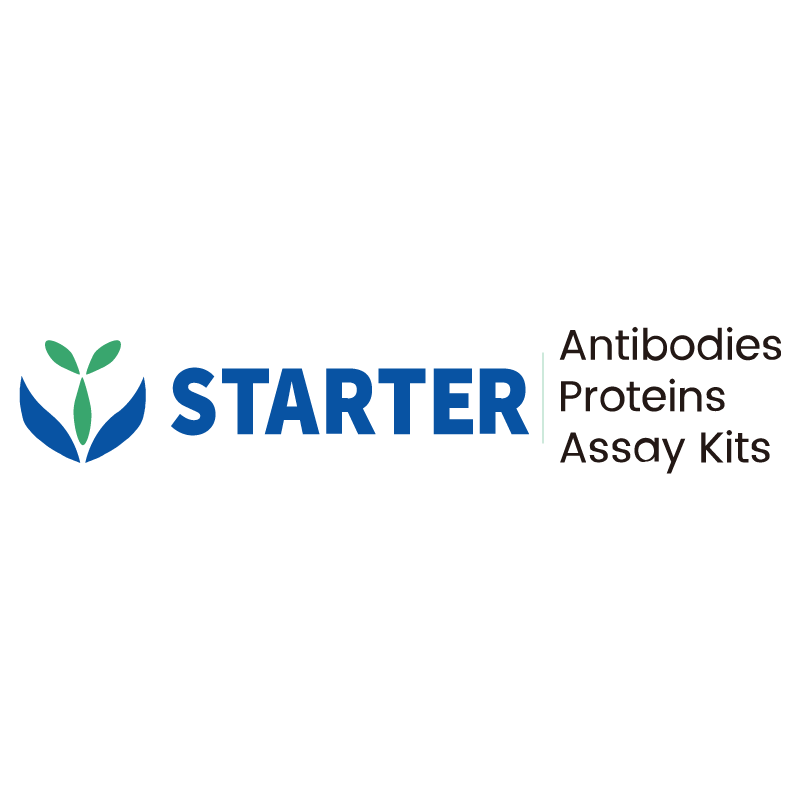2 μg(R: reducing conditions)
Product Details
Product Details
Product Specification
| Species | Human |
| Synonyms | Protein 1054, Protein kinase C inhibitor protein 1 (KCIP-1) |
| Accession | P31946 |
| Amino Acid Sequence | Protein sequence (P31946, Met1-Asn246, with C-10*His) MTMDKSELVQKAKLAEQAERYDDMAAAMKAVTEQGHELSNEERNLLSVAYKNVVGARRSSWRVISSIEQKTERNEKKQQMGKEYREKIEAELQDICNDVLELLDKYLIPNATQPESKVFYLKMKGDYFRYLSEVASGDNKQTTVSNSQQAYQEAFEISKKEMQPTHPIRLGLALNFSVFYYEILNSPEKACSLAKTAFDEAIAELDTLNEESYKDSTLIMQLLRDNLTLWTSENQGDEGDAGEGENGGGGSHHHHHHHHHH |
| Expression System | E.coli |
| Molecular Weight | Predicted MW: 29.8 kDa Observed MW: 30 kDa |
| Purity | >95% by SDS-PAGE |
| Endotoxin | <1EU/μg |
| Tag | with C-10*His |
| Physical Appearance | Lyophilized Powder |
| Storage Buffer | Lyophilized from a 0.2 μm filtered solution of 0.2M PBS, pH7.4. |
| Reconstitution | Reconstitute no more than 1 mg/mL according to the size in deionized water after rapid centrifugation. |
| Stability & Storage | 12 months from date of receipt, -20 to -70 °C as supplied. 6 months, -20 to -70 °C under sterile conditions after reconstitution. 1 week, 2 to 8 °C under sterile conditions after reconstitution. Please avoid repeated freeze-thaw cycles. |
Background
14-3-3 protein beta/alpha is a protein that in humans is encoded by the YWHAB gene. This gene encodes a protein belonging to the 14-3-3 family of proteins, members of which mediate signal transduction by binding to phosphoserine-containing proteins. This highly conserved protein family is found in both plants and mammals. The encoded protein has been shown to interact with RAF1 and CDC25 phosphatases, suggesting that it may play a role in linking mitogenic signaling and the cell cycle machinery. Two transcript variants, which encode the same protein, have been identified for this gene. It has been documented to regulate various cellular processes, including cell proliferation, signal transduction, cell cycle and apoptosis. Downregulation of YWHAB has been reported to impart suppressive effects on the proliferation of cervical and gastric cancer cells. Additionally, YWHAB was previously found to be upregulated in colon cancer cells, which is in turn associated with poorer prognosis.
Picture
Picture
SDS-PAGE


